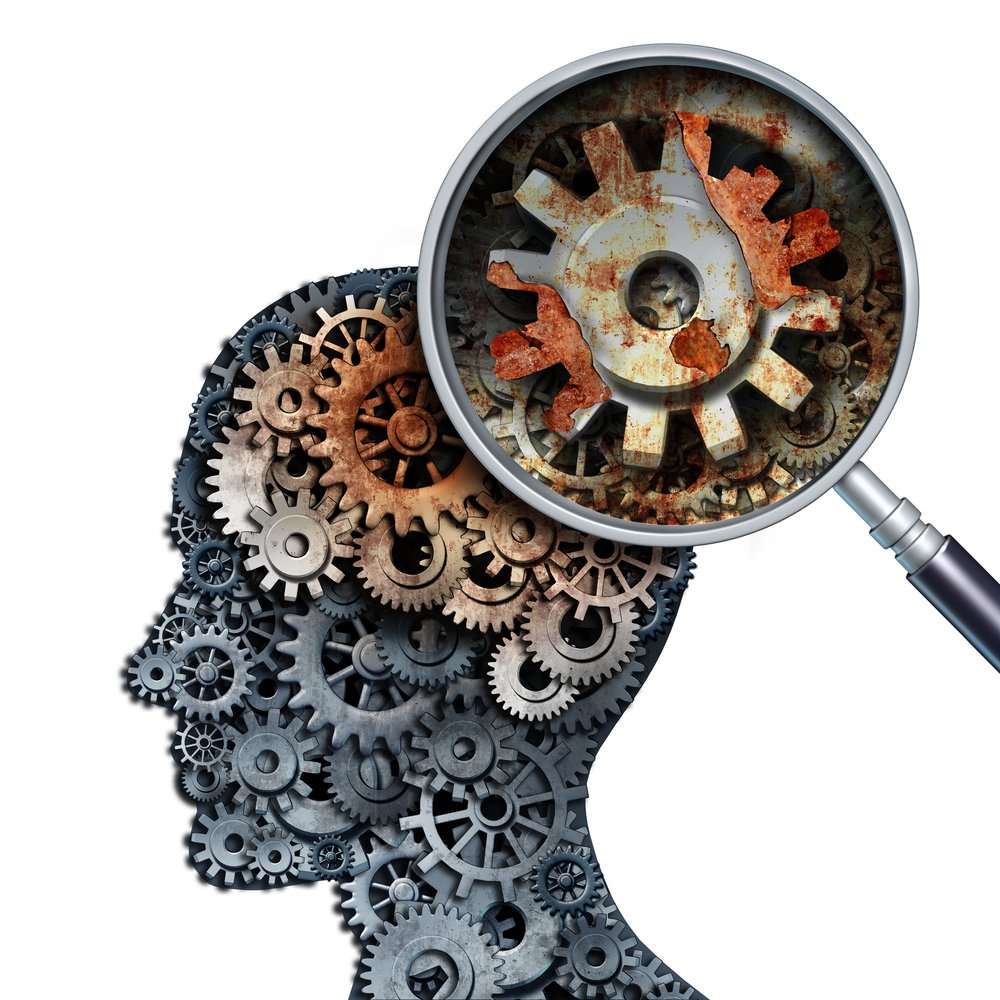U.S. Government Researchers Develop Tool to Predict Cognitive Decline in Parkinson’s Patients

U.S. government researchers have developed a computerized mathematical model for predicting and testing cognitive decline in Parkinson’s patients.
The team from the National Institute of Neurological Disorders and Stroke used information on 3,200 Parkinson’s cases in North America and Europe to develop the algorithm.
The model could help doctors do a better job of addressing the cognitive decline associated with the disease. It could also help them predict patient outcomes.
The study, “Prediction of cognition in Parkinson’s disease with a clinical–genetic score: a longitudinal analysis of nine cohorts,” was published in The Lancet Neurology.
Data on the patients came from the years 1986 to 2016. Researchers applied statistical methods to the information to identify predictors of cognitive decline. They included the age when the disease showed up, a patient’s gender, movement scores, a patient’s formal years of education, whether a patient had experienced depression, and whether a patient had any genetic mutations.
“This study includes both genetic and clinical assessments from multiple groups of patients, and it represents a significant step forward in our ability to effectively model one of the most troublesome non-motor aspects of Parkinson’s disease,” Dr. Margaret Sutherland, program director of the National Institute of Neurological Disorders and Stroke, said in a news release.
The patients in the study had experienced movement problems as well as cognitive loss.
“By allowing clinical [trial] researchers to identify and select only patients at high-risk for developing dementia, this tool could help in the design” of trials that require a manageable number of participants, said Clemens Scherzer, a senior researcher in the study.
An interesting finding was that patients with more years of formal education were at lower risk of developing cognitive loss over the years.
“This fits with the theory that education might provide your brain with a ‘cognitive reserve,’ which is the capacity to potentially compensate for some disease-related effects,” Scherzer said. “I hope researchers will take a closer look at this. It would be amazing if this simple observation could be turned into a useful therapeutic intervention.”
An ethical issue with using the algorithm with patients is telling them that it is predicting cognitive decline when scientists have yet to develop treatments for the problem, researchers said.
But the model could help improve the design of clinical trials, which could be a plus in the development of therapies, they said.
Doctors could also use the algorithm to help predict which patients need to be treated against cognitive decline once therapies are available.
“Prediction is the first step,” Scherzer said. “Prevention is the ultimate goal, preventing a dismal prognosis from ever happening.”





